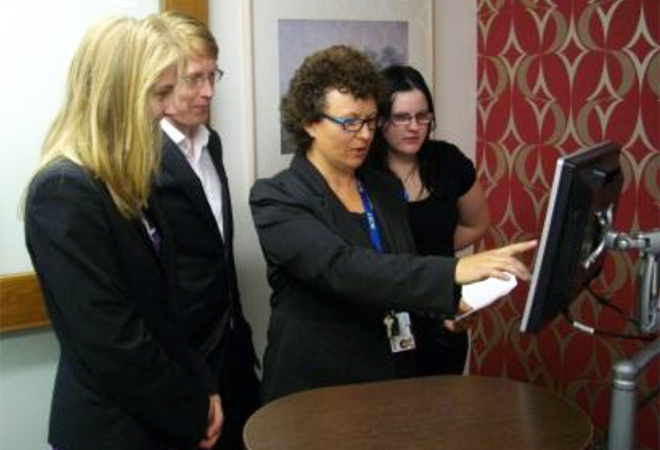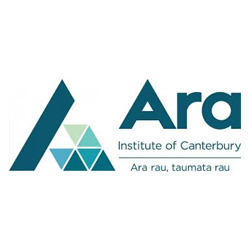
Extending hospitality student’s experiences of real-world practice
Status
Completed: 28 March 2013
Project Details
Three inter-related sub-projects completed in 2013, undertaken by Christchurch Polytechnic Institute of Technology, to help hospitality students learn, practise and fine-tune the important ‘service orientation’ dispositional skill sets and digital evaluative skills critical to practice as hotel front office receptionists.
Aims:
The main aims of the project were to:
- determine hospitality students’ information accessing and evaluation of digital skills
- extend, through appropriate teaching support and learning strategies using net tablets, students’ critical reflection skills for the learning of customer interpersonal communication
- explore digital and virtual alternatives to hotel field trips and to improve students’ critical evaluation of web-based content.
Methodology:
The project used a mixed method approach involving:
- a review of the literature on situated technology-enhanced learning
- a narrative/descriptive case study to interconnect each of the sub-projects
- focus groups with tutors and students
- classroom observations of tutors and students.
Research questions:
- Sub-project 1: What digital literacy skills are used by hospitality students to access and interpret hospitality related digital information?
- Sub-project 2: What assistance do hospitality students need to improve their self-evaluative skills?
- Sub-project 3: ‘What digital/virtual alternatives to hotel field trips are effective for learning about hotel reception practice?’ and ‘How should complex digital/virtual learning tools be introduced to hospitality students?
Team

Selena Chan
Project Leader
Christchurch Polytechnic Institute of Technology (now Ara Institute of Canterbury)
Heather McEwan
Christchurch Polytechnic Institute of Technology
Debby Taylor
Christchurch Polytechnic Institute of TechnologyStatus
Funding
$9,000.00 (excl GST)
Key Findings
The key findings from the project included:
- Sub-project 1: Students were open to the use of tablets, confident with touch interfaces and web browser functions. Students required guidance with file management, tracking of web browser activity and evaluation of websites for authenticity and relevance.
- Sub-project 2: The findings from this sub-project support the use of videos to support role-play learning activities of real-world tasks. In particular, videos are helpful when tasks are complex, consist of multiple steps and require occasions when students have to prioritise process tasks with customer service orientation focus.
- Sub-project 3: Using net tablets in the way described in the project, provided students with a much more guided introduction to hotel types and grades. Field trips would have provided a richer multi-sensory experience but using VFT meant students could access a wider range of hotels beyond those accessible by physical means.
Key Recommendations
The key recommendations from the project are the following guidelines based on digital literacy, reflective practice and critical evaluation of digital resources which are transferable to a wide range of contexts:
General guidelines | Consult institutional ICT before the start of project; check the impact of operating systems used for compatibility with existing ICT systems; factor in time to test hardware and software before first iteration of new situated technology-enhanced learning developments; and have clear learning outcomes framed by appropriately aligned pedagogical frameworks.
Digital literacy | Leverage off students’ existing digital literacy by first establishing initial hardware, software and web search skills.
Reflective practice | Set up culture of trust in the classroom; prepare students by introducing learning activities around ‘critical reflection’ and ‘peer feedback’ before the first role play takes place; and structure the introduction, use and application of feedback principles.
Critical evaluation of digital resources | Scaffold the learning of web evaluative skills; provide students with example criteria and then help students build their own criteria for website evaluation; and prepare opportunities for students to reflect on evaluative criteria.
A research report prepared by Selena Chan, Heather McEwan and Debby Taylor.
(PDF, 1.55 MB, 58-pages).
- 30 March 2013